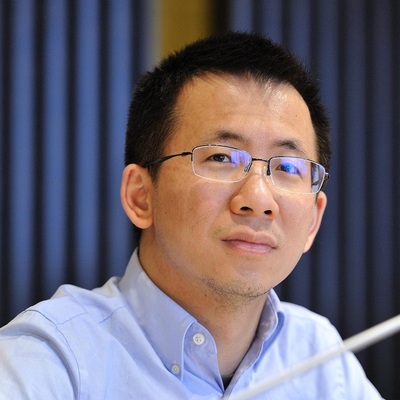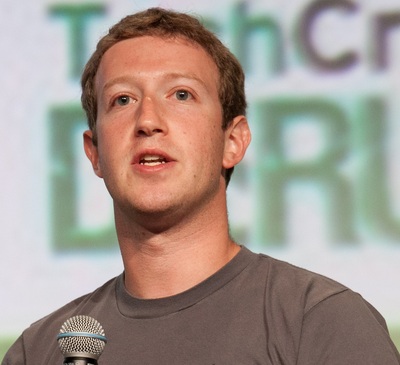The Background
Zhang Yiming's entrepreneurial spirit was evident from the choice of companies he worked for post his graduation in 2005 - they were all startups. Yiming started 99fang.com in 2009, and later (in 2011) hired a CEO to run things at 99fang.com - he wanted to focus on building another venture, ByteDance. He found ByteDance in 2012.
The Spark
In 2011, Zhang Yiming observed that many users were migrating from computers to smartphones. During the time, Snapchat had started gaining popularity among the teenage crowd across many countries. Yiming wanted to create platforms whose results were powered by artificial intelligence, separate from the Chinese Search Engine, Baidu. The first product in line with this vision was a news platform called Toutiao. Looking at the popularity of apps like Snapchat, Zhang Yiming started to develop an app where users could create short lip-sync, comedy, and talent videos. To engage the young audience, he integrated AI to recommend similar content to the users based on their preferences and searches.
The Launch
The app was developed in 200 days. Named as Douyin, the app was first launched in China in September 2016. Within a year, it had 100 million users, with more than one billion videos viewed every day. Seeing a great response for Douyin, the process to build the app for the global market began.
Going Global
In 2017, TikTok was born. It was launched in the international markets - majorly Asia and the U.S. Interestingly, TikTok is not available in China and its data is stored outside of China.
The Success
Within 2 months of TikTok's launch, ByteDance spent $1 billion to purchase Musical.ly, a startup based in Shanghai. This was done to leverage the digital platform's young user base. On August 2018, TikTok merged with Musical.ly to create a larger video community, with existing accounts and data consolidated into one app, keeping the title, TikTok.







 Entrepreneurship
Entrepreneurship